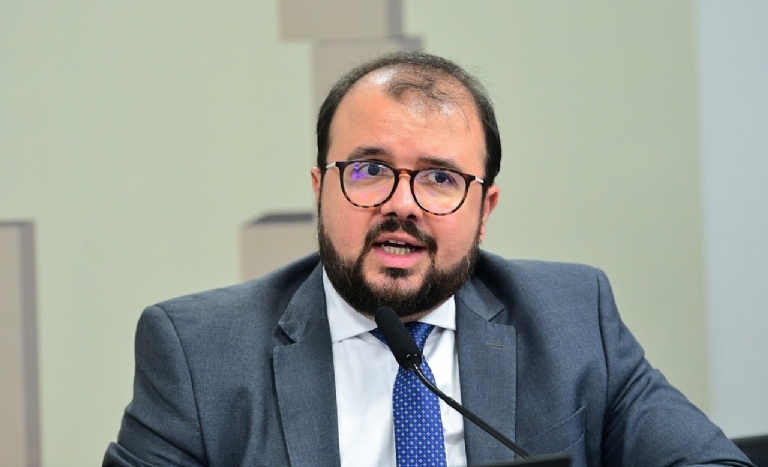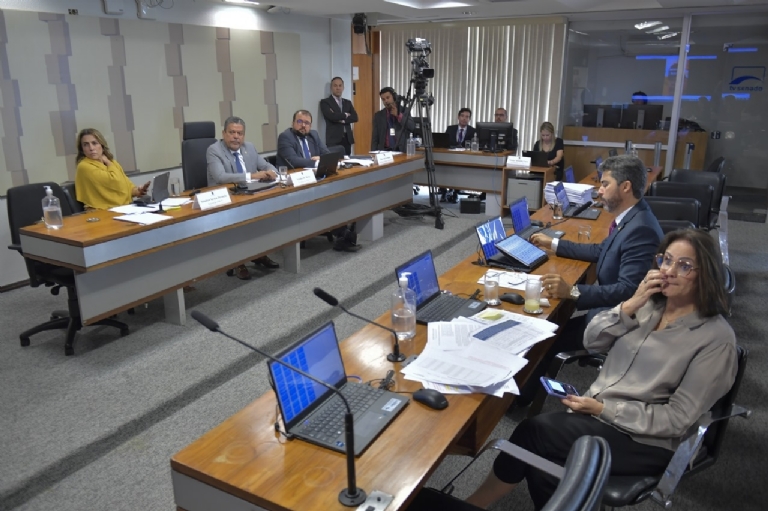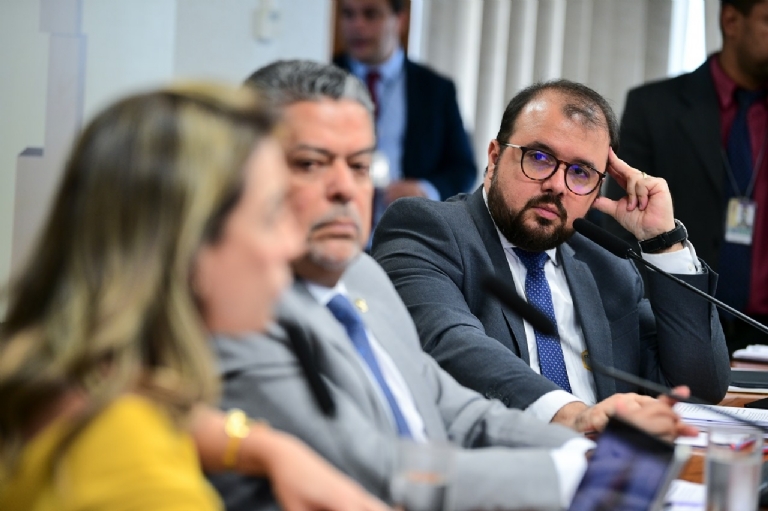

Dudena was heard by the Parliamentary Inquiry Commission (CPI) investigating betting operations to explain how the government handles the betting market, focusing on control and oversight measures. To the committee, the secretary stated that these companies have met almost all the requirements set by the Ministry of Finance to operate properly.
"Thus, 71 companies have already been notified by the Ministry of Finance, and they have 30 days from the notification to meet these final requirements. Of these, 16 have already paid the concession fee. We currently have 16 companies that have paid a total of R$480 million (US$80m) in concession fees to the Ministry of Finance," he stated.
"They began receiving notifications on the 19th of last month, so they have until the 18th or 19th of this month to make the concession payment. That’s why some have already complied, and others have not yet," he continued.

Opened in May of this year, the deadline for companies to submit their certification requests ended in August. During that period, 114 companies submitted their requests to the ministry. In September, the Ministry of Finance issued an ordinance ordering the suspension of operations for fixed-odds betting companies, also known as ‘Bets’ in Brazil, that failed to request authorization to operate in the country.
The deadline to apply for authorization expired on October 1, and the websites of companies that did not seek operational regulation began being taken offline on October 11. Companies that applied for a license but are not yet operating will have to wait until January to start operations, provided the ministry approves their activities.
"Since then, we have identified three rounds of domains through our department, often with help from the Federal Police and other law enforcement agencies. We have already taken down a total of 5,283 domains. These include one batch of 2,027, another of 1,443, and a third of 1,813. So, 5,283 websites have been taken offline, and we have another batch to be sent to the National Telecommunications Agency (Anatel) for removal," reported Dudena.
The ordinance also stipulated that starting January 1, 2025, only authorized betting operators will be allowed to engage in the activity in the country. Operations will be limited to Brazilian internet domains with the ".bet.br" extension. Authorized betting houses that pay the concession fee will be allowed to operate up to three brands over a five-year period.

Illegal activities, fake CPFs, advertising
Dudena also stated that the ministry continues to monitor the activities of companies that have applied for authorization. According to the secretary, some of these companies are using the regulation period to continue engaging in illegal practices.
"We have been heavily engaged in monitoring this sector to identify the key players and relevant service providers. So, on one hand, we have some companies that are taking advantage of this adjustment period to carry out activities that seem illegal to us. We have notified them and, in most cases—or so far, in all cases—we have succeeded in getting them to cease these activities. For example, one company had more domains available on its site than was permitted."
"In addition, we have also identified financial service providers. Here again, we are working together with the Central Bank and the Federal Police task force to recognize who these companies are and how they are operating," he added.
Another issue raised during the CPI meeting was the use of fake CPFs (Brazilian Individual Taxpayer Registrations) for placing bets and even for setting up betting companies. According to the secretary, after January 1, when only authorized companies will be allowed to operate, reliable data will be available for enforcement.
"Through the system, we have an initial mechanism to identify these specific cases where, for example, a CNPJ (Corporate Taxpayer Registration), a canceled CPF, or a CPF that should not be there is detected. Based on this, an enforcement action will be initiated by our subsecretariat, which, again, can lead either to information being forwarded to law enforcement agencies or, within the betting regulatory system, to enforcement actions, sanctions, and, ultimately, even to termination," he explained.
"From January 1 onward, all companies operating in Brazil will be national companies established in Brazil under Brazilian law. We will know who the shareholders are, who the ultimate beneficiaries are, and who the executives are, and we will have full control over both the legal entities and the individuals involved in the activity," he continued.
Dudena also addressed measures such as suspending online betting advertisements aimed at children and adolescents: "Advertisements directed at environments where the majority of the audience consists of children and adolescents are restricted. One example I can cite is: we had a soccer team whose under-17 squad was sponsored by a betting company. We notified this company, and they withdrew the sponsorship because this is a typical example of an activity targeting children and adolescents that, in this context, is not allowed."

Government complied with the law by regulating betting and is organizing the sector
In his testimony, the secretary explained that after decades of prohibition, sports betting was legalized in the country in 2018 by law: “This law included in Article 29, Paragraph 3, a provision requiring the regulation of this sector.”
Signed into law in December 2018, the legislation set a two-year deadline, extendable by another two years, for regulation. However, according to Dudena, this was not carried out. Identifying that the law was insufficient, the Government introduced a new bill and a provisional measure to Congress in 2023.
“This provisional measure and this bill essentially aim to achieve three objectives: protecting bettors, safeguarding the public economy by enhancing control to combat money laundering, and mitigating the risks of match-fixing in sports,” he explained.
Regis Dudena emphasized that the text explicitly prohibits the participation of children and adolescents in these activities. He informed the CPI that, in October 2023, the Ministry of Finance issued a regulatory ordinance establishing general rules for betting activities in the country, and that more than 5,000 betting websites have already been taken offline for illegal activities.
Senator Soraya Thronicke’s requests
Senator Soraya Thronicke, rapporteur of the CPI of ‘Bets’, clarified that there are two types of betting: sports bets, such as lotteries that have transitioned to the virtual medium, and games of chance. However, for these companies to obtain a CNPJ (Corporate Taxpayer Registration) and a potential concession from the government to provide their services, it is crucial to assess whether any criminal violations are involved.
Soraya mentioned that she has requested the legal consultancy to analyze whether there has been any tacit repeal—meaning whether the 2023 law indirectly legalized what was previously considered a criminal offense.
The senator also shared that she met with the president of Anatel (National Telecommunications Agency), Carlos Baigorri, to address the difficulties in blocking illegal betting websites, as these sites often resume operations under a different CNPJ.
Soraya Thronicke stated that she received a draft bill from Anatel’s president aimed at expanding the agency's authority, enabling it to act more efficiently in blocking illegal betting websites.
Source: GMB / Agência Brasil